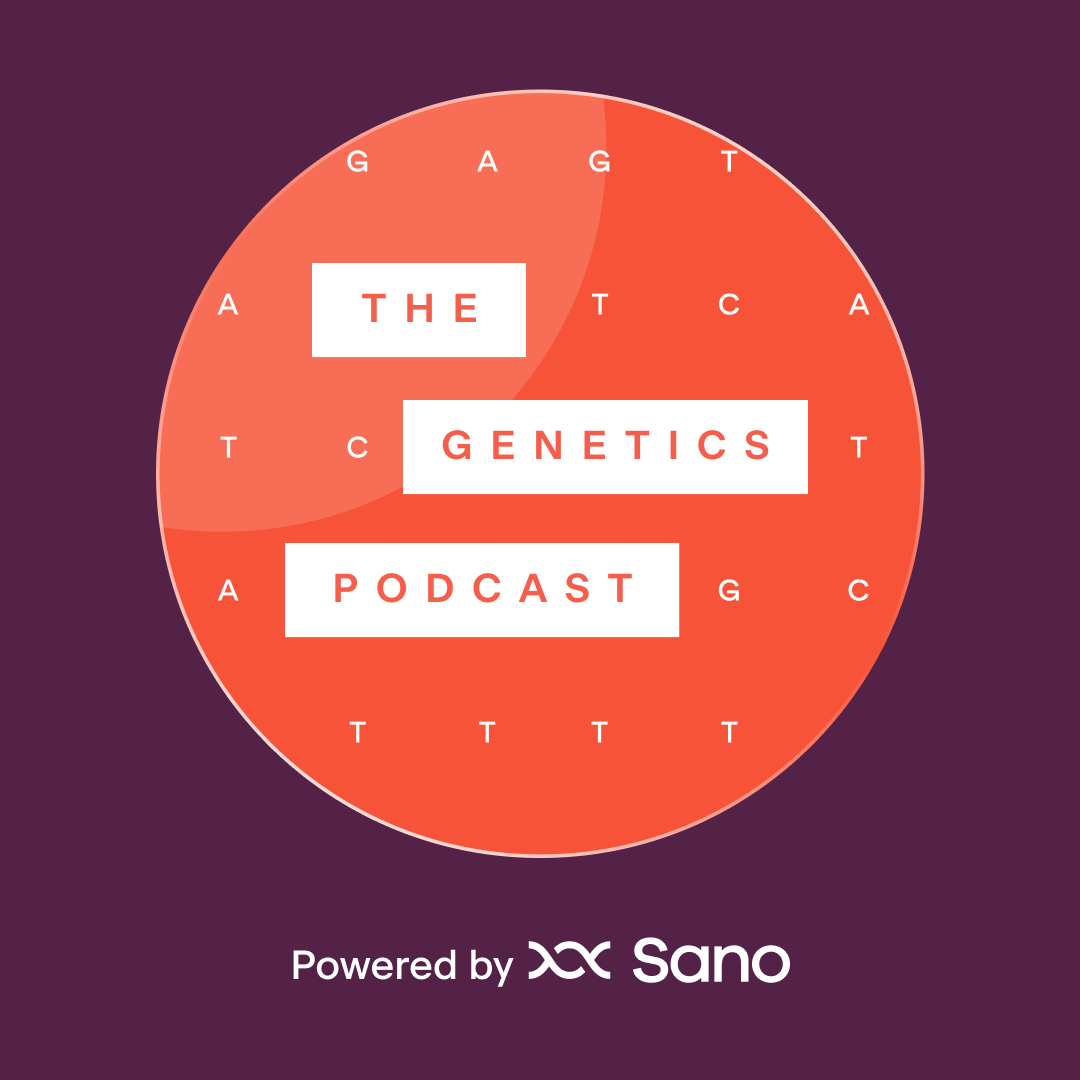EP 150: Cracking the biological code of aging with Martin Borch Jensen, Co-Founder and Chief Scientific Officer at Gordian Biotechnology
September 5, 2024

In this episode, we’re joined by Martin Borch Jensen, Co-Founder and Chief Scientific Officer at Gordian Biotechnology and President of Norn Group, a non-profit dedicated to accelerating research and development of therapies targeting the biology of ageing.
Patrick and Martin discuss the phenomenon known as the “ageing problem,” how understanding biological age could crack the code on age-related diseases, and the challenges of building a company in a field with no business model blueprint.
0:00 Intro to The Genetics Podcast
01:00 Welcome to Martin
01:35 How a particularly large Indian meal resulted in a book about intermittent fasting and the biology of ageing
05:10 The biological mechanisms behind intermittent fasting, and whether it’s been established to extend life expectancy in humans.
10:13 What we know (and what we don’t) about the fundamentals of biological ageing and how it influences drug development
15:28 Using trial and error to identify the mechanisms and phenotypes which can improve biological age
17:20 How Gordian Biology got its name and how it links to the challenges of biological ageing
18:52 How and why Gordian’s in vivo screening approach aims to crack the code on biological ageing
23:19 Understanding the biology and genetics which make a disease occur uniquely in older individuals
26:30 How and why Gordian works with specific animal models to generate data
28:28 Exploring if there is potential to minimise use of animal models and carry out more experiments in silico
33:31 The phenomenon of chronological age testing and improvement – and whether or not to believe the hype
39:35 How the lack of sustainable business models in the field may be limiting progress, causing companies to shift their focus to treating age-related diseases instead of tackling the ageing process itself
44:49 The role of technology, and the limitations of siloed specialties and organs-based approaches to disease
46:14 Closing remarks